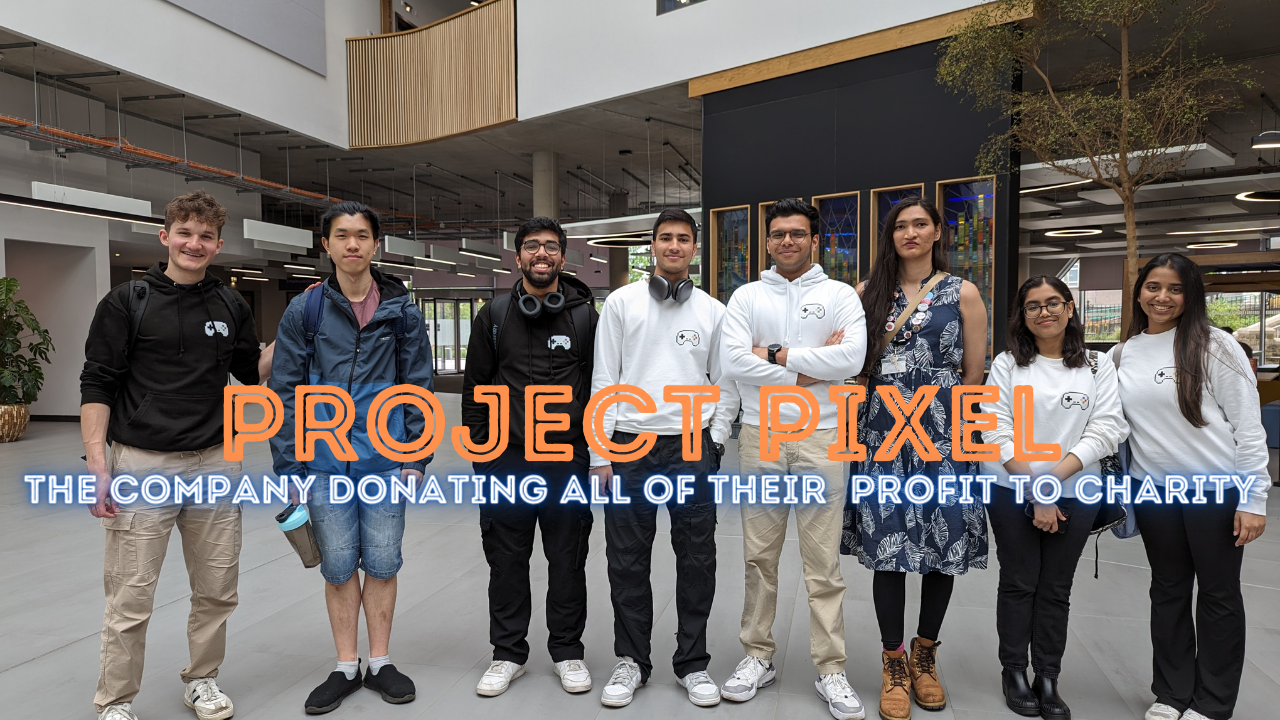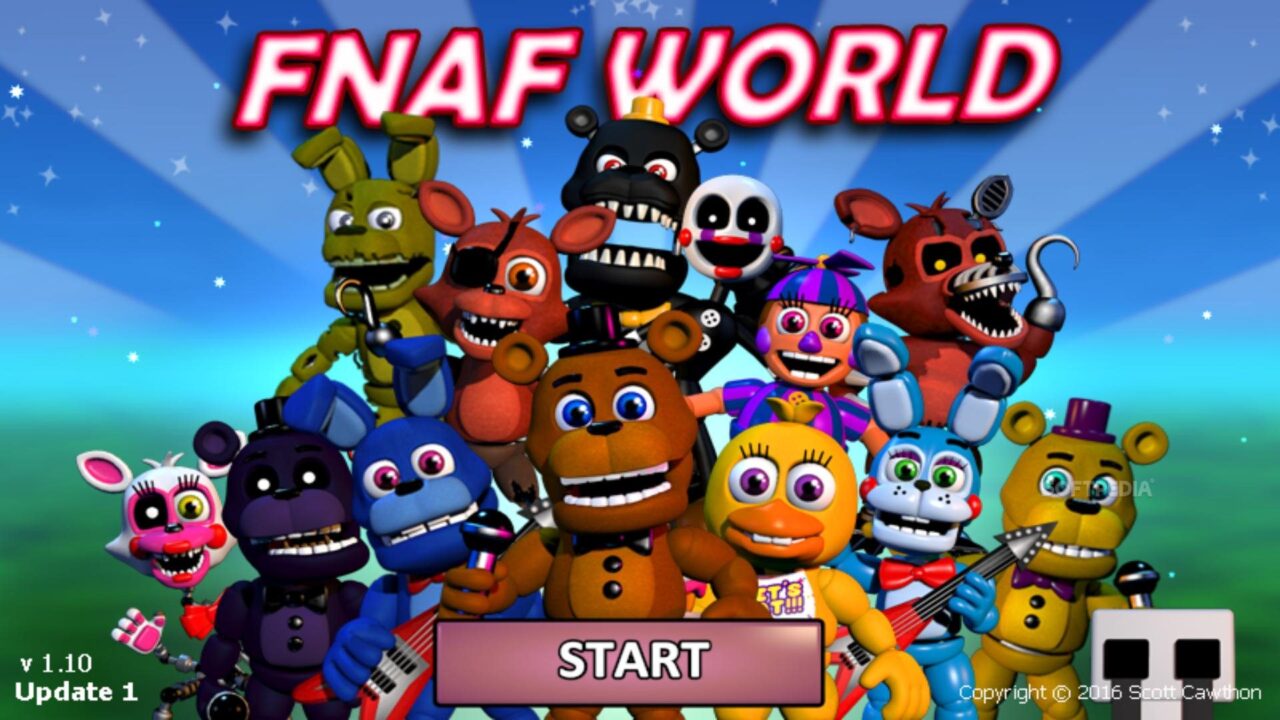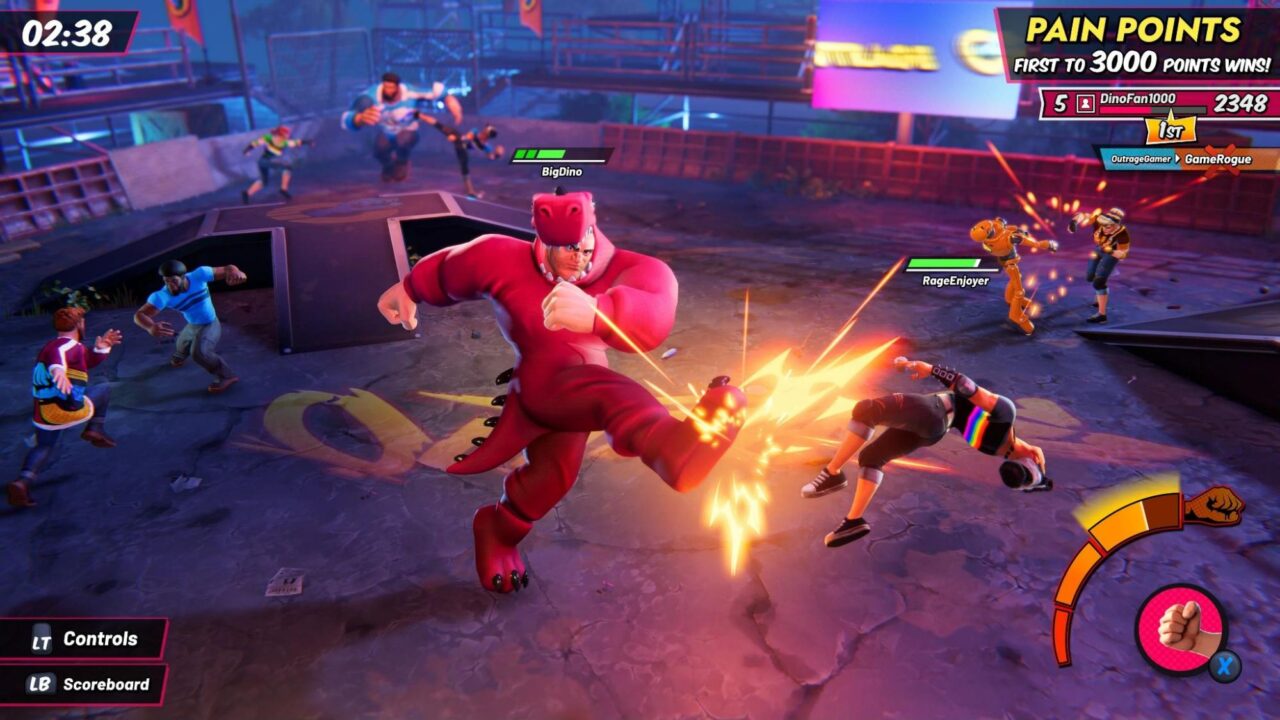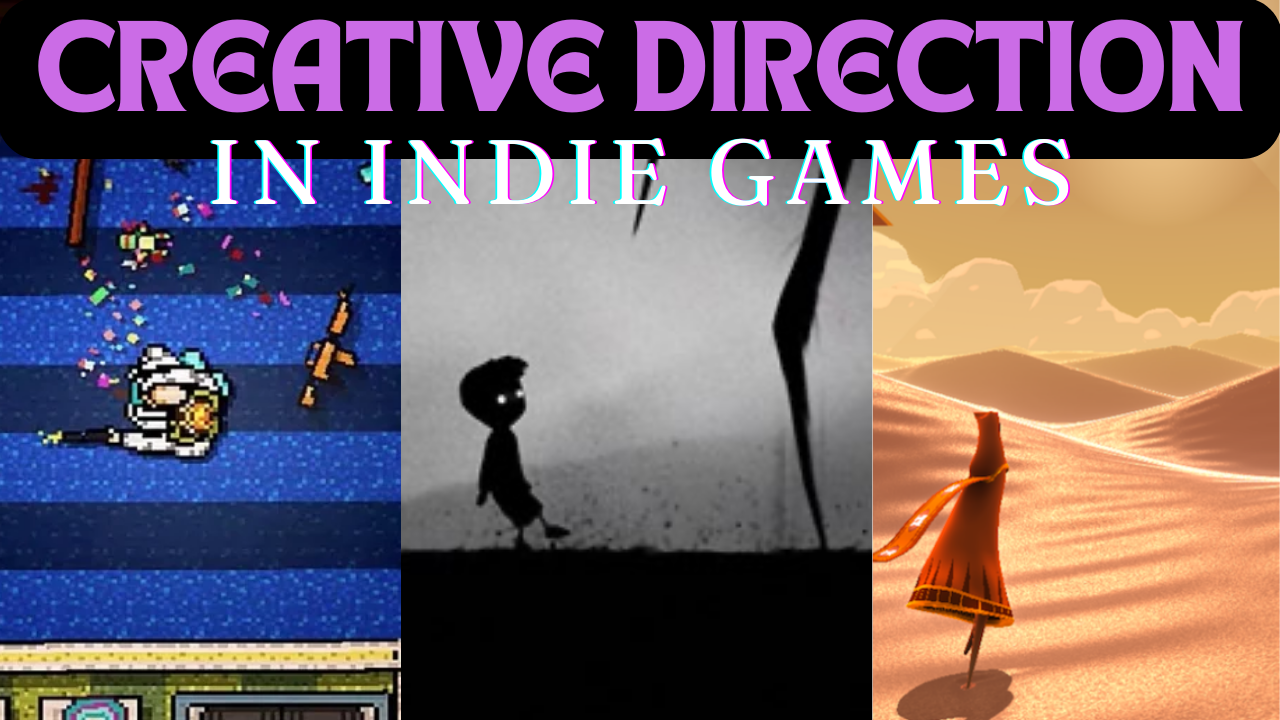One of the worst, if not the worst, nightmares for novice indie game developers will always be players not liking their work. Nina, Sean and Tarn, share their takes and stories with some of the past struggles in their career.
Not every indie game developer is going to make the next Stardew Valley or Minecraft, but even with this in mind, it can still be intimidating to see the game you made not making enough money or getting negative feedback. Unfortunately, these hardships are almost inevitable. Every indie game developer will go through and probably has already suffered from such failures at least once in their life. This leads to the question of how veteran developers have coped with such difficulties and continued to pursue their career.
“No game will ever be perfect,” says Nina Freeman, who has been making indie games for over 10 years. She believes the key to dealing with criticism is just letting it go. “Games are just, you know, you’re done with them at some point and whatever happens, happens, whatever people think, it is what it is. I don’t expose myself to it because it’s stressful for no reason.”

Nina made her first game with a group of friends, called ‘How Do You Do It?’, a game where the main character tries to figure out how sex works by banging her barbie dolls together. Her passion for game development has always been around games that include sexuality or self-reflection. She knows that the types of games she makes is not for everybody but does not let this stop her from continuing what she does.
“Pretty much everything I’ve worked on is experimental, so we kind of go into it expecting things to be polarising,” she says. “There was this one time when a lady sent me an angry email, saying a game I made was gross, but I was mostly just like, ‘Ooh, who is this weirdo haha. Just a creepy person.’”
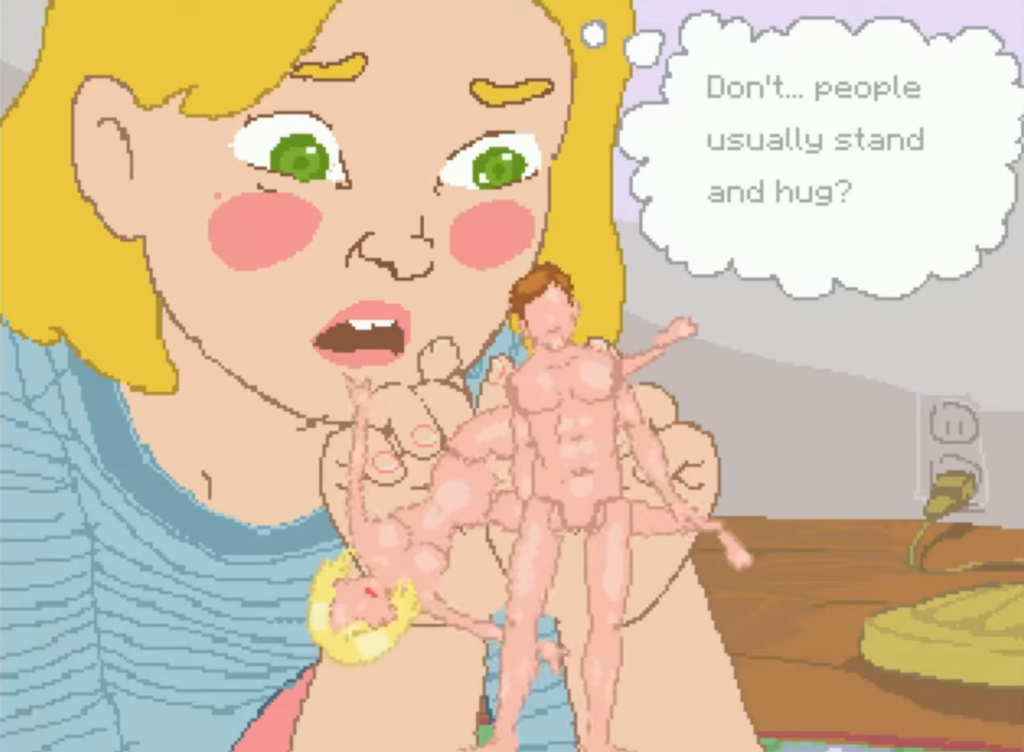
Nina’s admirable mentality is the key factor that makes her keep going. She says, “I know that there are going to be bad reviews, and I don’t need to read them to know that, so I think over time I have become the type of dev where I truly release stuff and I won’t read anything about it.”
Her strong mentality and flexible thought process was not inborn, however. She also shares her experience back in the early days of being a developer: “It was definitely hard seeing negative reviews and that hurt, but I was much younger then and hadn’t learned yet to sort of filter that out, or just straight up not read it.
“I think it’s easy to just want to read everything about your game on the internet, but it can actually be unhealthy, especially if you know you’re making polarising stuff.”
Nina is not the only dev who has decided to simply dismiss unhealthy feedback. Tarn Adams, developer of Dwarf Fortress, says that he does not read feedback that does not feel constructive. “If feedback is mean, annoying or selfish, then it’s not as fun as those that are useful and insightful. At some point, it isn’t worth reading a given complaint, even if there’s some validity to it, since you’ll get valid feedback somewhere else and save yourself the headaches,” he says.

However, this does not mean developers should straight up ignore everything people say, because feedback in general is extremely important for game developers in improving their games and skillsets. Although Nina rarely reads reviews or comments on her games after release unless there is a major bug or crash, she is very keen on receiving feedback during the development process.
“The feedback that matters to me is what I get in playtests and when I’m working on the game, because by the time I release it, I’m happy with what we’ve made, and nothing anyone says can change that,” she says. “A lot of my feedback that I really take in and affects the game comes before release. Often we’re playtesting with friends, sending it out and they will play and give feedback. That’s a huge part of the design process and I think games should be interactive with their players.”
Related Articles:
Related Articles:
Tarn also considers feedback as a big part of the development process and says, “The history of Dwarf Fortress has had a number of dud features that we had to rewind. It’s hard to predict these, since the simulation is complicated, so for us it’s more about being able to pivot, revamp, remove as necessary. Player feedback is important for this, and also an overall understanding of what your game is about.”
Sean Young, the developer of Magicite, also agrees with the importance of feedback, and his strategy for dealing with negativity is believing that there is something to learn from everything. He says, “It’s certainly not fun seeing a big red ‘Not recommended’ on your steam page, but over time I’ve learned to not take those personally and to try and learn from player feedback, no matter how harsh it can be. It’s the only way you’ll get better as a game developer.

“At first it was so hard to deal with negative reviews and criticism. When you pour your heart and soul into something, and someone says it’s bad, it certainly can hurt. But over the years I’ve learned to accept criticism and feedback in all of its forms.”
The next task will then be to make sure to distinguish constructive feedback that sounds negative and comments that are just being blatantly mean. Tarn says, “The real challenge is being able to read negative feedback that is constructive, and balancing absorbing whatever player anger or trolling or ignorance with the valid information in there.”
Developers should get used to and accept negative feedback that can actually be helpful. Sean says, “It’s important to not take negative feedback personally. The internet is a brutal place where anonymous people can say all types of things, and unfortunately, it’s just part of the journey. Don’t let it get you down. Always try to glean something valuable out of every piece of feedback, no matter how toxic it may seem.”
Also, it is important to let players know exactly what they should expect from the game. Seans says, “Setting player expectations is everything. You really need to convey what your game is about through trailers and screenshots and your game’s description.”
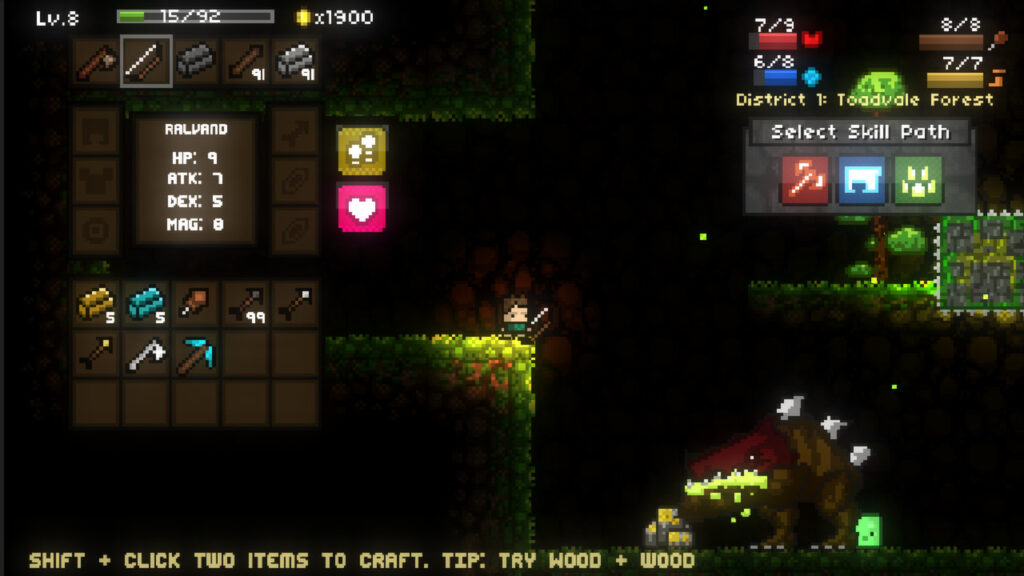
He also says managing your own expectations are equally as important: “Your first few games likely won’t make a ton of money or see a lot of success, and that’s okay. Maybe you’ll get lucky with this game, maybe it’s the next one.
“All you can do is try to improve with each launch, and it will increase your chances of success. If you launch a game and it makes $0, but you learned a ton of valuable lessons and information along the way, then it was worth it.”
Nina adds to this viewpoint and says, “I’m usually going into it with the expectation that barely anyone will play it, or nothing will come of it. That’s my baseline, because the kinds of games that I’ve worked on are pretty experimental and niche, so I kind of set myself up to not get disappointed.
“Even just finishing a game is a huge win in itself, so it’s hard for me to think of a scenario where I needed something to do well and it didn’t. My goal is to keep making games. Even if they don’t do well, it’s okay because I’m happy if I can keep making them.”
In terms of revenue, Nina chose to commit to other work while developing games to support herself. On top of being an indie game developer, she is also a narrative designer, Twitch streamer and freelancer that supports other games. “The risk is always that it won’t sell – no game that I’ve ever worked on has made a ton of money. In making games for 10 years, I’ve learned that and now I just cover my bases for making money in other ways too,” she says.
The success from developing an indie game is not always guaranteed. In fact, it will more often fail to meet your and your players’ expectations. However, as all things are, it seems that the key to becoming a successful developer is to focus on factors that you can control and never give up.


